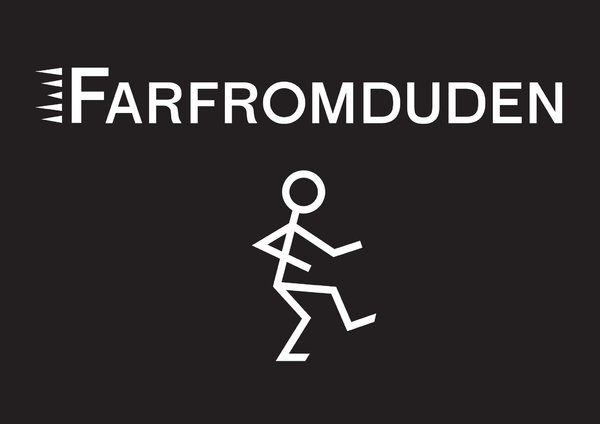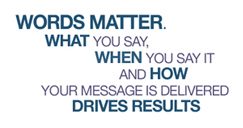

The Financial Times October 17, 2013
Mystery of Acquiring Another Language
Neurology helps to learn a language, but hard work is what matters
In 1987 I interviewed Robert Maxwell, the publishing and printing magnate, at his London headquarters in Holborn Circus. His death and disgrace were some years away. As well as the Mirror newspaper group, Maxwell headed the biggest...


The Guardian October 15, 2013
Letters of Note: the Website That Revived the Fine Art of Correspondence
In our age of email and texts, letter-writing seems set for extinction. But millions have been flocking to a website to pore over the correspondence collected by blogger Shaun Usher


The Telegraph October 10, 2013
Student Life: The Benefits of Studying in London
With many higher education institutions set in and around the city, London is certainly an attractive place to study, says undergrad James Connington.


The English Blog October 7, 2013
Crossword: British Slang
Do you know what a plonker is? And how would you react if someone said they wanted to snog you? Improve your knowledge of British slang with this crossword. It's ace!


The Guardian September 28, 2013
10 Grammar Rules You Can Forget: How to Stop Worrying and Write Proper
Guardian Style Guide author David Marsh set out to master perfect grammatical English - but discovered that 'correct' isn't always best. Here are the 10 grammar laws you no longer need to check.


The New York Times September 26, 2013
How Do You Say 'Blog' in German?
WE Germans owe the English language a debt of gratitude. If English didn't lend us one or two little words every once in a while, we would probably call blogs "digitale Netztagebücher" and apps "Anwendungen für mobile Endgeräte." Even for German speakers, those don't exactly roll off the tongue.

The Guardian September 24, 2013

Lunchtime Briefing: the 10 key stories of the day
Get up to date with today's news agenda.


The Guardian September 23, 2013
Talk the talk: Maximise Your Prospects Using Languages
Personal endorsements from leading figures in the arts, sport, media, business, and politics demonstrate how learning languages can open doors to an array of careers and life experiences.


The Guardian September 22, 2013
Quiz: How Much Do You Know
About lLanguages?
How many Welsh speakers are there in the UK? Who invented Newspeak? Where is Blackfoot spoken? Take our quiz and test your language knowledge.


The Guardian September 21, 2013
Russian Literature is Best Sex Education for Young People, Says Ombudsman
Pavel Astakhov opposes introduction of sex education in schools and suggests reading the classics as an alternative


The Independent September 21, 2013
Degree Overseas: The Pros of Studying Abroad
The idea of going overseas to study can be daunting, with visions of baffling languages or nights spent in isolation while you are gradually forgotten by your friends and family. However, the benefits of studying abroad...

<< see previous pagesee next page >>
 +7 (495) 969-87-46
+7 (495) 969-87-46


















